Local Anethtic Raw Powder Benzocaine Hydrochloride For Pain Killer
Benzocaïne Hcl
CAS: 94-09-7
EINECS number: 202-303-5
Formule moléculaire: C9H11NO2
Masse moléculaire: 166.1965
Point de fusion: 89°C to 90.5°C
Point d'ébullition: 310.7 ° C at 760 mmHg
Point de rupture: 164.2 °C
Vapor Pressure: 0.000589mmHg at 25 °C
Densité: 1.17
Mp: 89-92 °C
Ultraviolet absorption used in cosmetics, topical anesthetics, for the wound, ulcer pain and hemorrhoids.
Benzocaine is a local anesthetic commonly used as a topical pain reliever or in cough drops. C'est l'ingrédient actif de nombreux onguents anesthésiques en vente libre tels que les produits pour les ulcères buccaux.. It is also combined with antipyrine to form A/B otic drops to relieve ear pain and remove earwax.
Benzocaine is used as a key ingredient in numerous pharmaceuticals:
Over the counter throat lozenges such as Cepacol. Some glycerol-based ear medications for use in removing excess wax as well as relieving ear conditions such as otitis media and swimmers ear. Some previous diet products such as Ayds. Some condoms designed to prevent premature ejaculation. Benzocaine largely inhibits sensitivity on the penis, and can allow for an erection to be maintained longer (in a continuous act) by delaying ejaculation. Conversely, an erection will also fade faster if stimulus is interrupted.
Benzocaine mucoadhesive patches have been used in reducing orthodontic pain. In Poland it is included, together with menthol and zinc oxide, in the liquid powder (not to be confused with the liquid face powder) used mainly after mosquito stings. Today’s ready made Pudroderm was once used there as pharmaceutical compound.
Other topical pain relief powders :
| Benzocaïne |
CAS:94-09-7 |
| Chlorhydrate de benzocaïne |
CAS:23239-88-5 |
| Chlorhydrate de tétracaïne |
CAS:136-47-0 |
| Procaïne |
CAS:59-46-1 |
| Tétracaïne |
CAS:94-24-6 |
| Chlorhydrate de pramoxine |
CAS:637-58-1 |
| chlorhydrate de procaïne |
CAS:51-05-8 |
| Lidocaïne |
CAS:137-58-6 |
| Chlorhydrate de dibucaïne |
CAS:61-12-1 |
| Prilocaïne |
CAS:721-50-6 |
| Chlorhydrate de propitocaïne |
CAS:1786-81-8 |
| Chlorhydrate de proparacaïne |
CAS:5875-06-9 |
| Chlorhydrate de lidocaïne |
CAS:73-78-9 |
| Chlorhydrate d'articaïne |
CAS:23964-57-0 |
| Chlorhydrate de lévobupivacaïne |
CAS:27262-48-2 |
| Chlorhydrate de ropivacaïne |
CAS:132112-35-7 |
| Bupivacaine |
CAS:2180-92-9 |
| Chlorhydrate de bupivacaïne |
CAS:14252-80-3 |






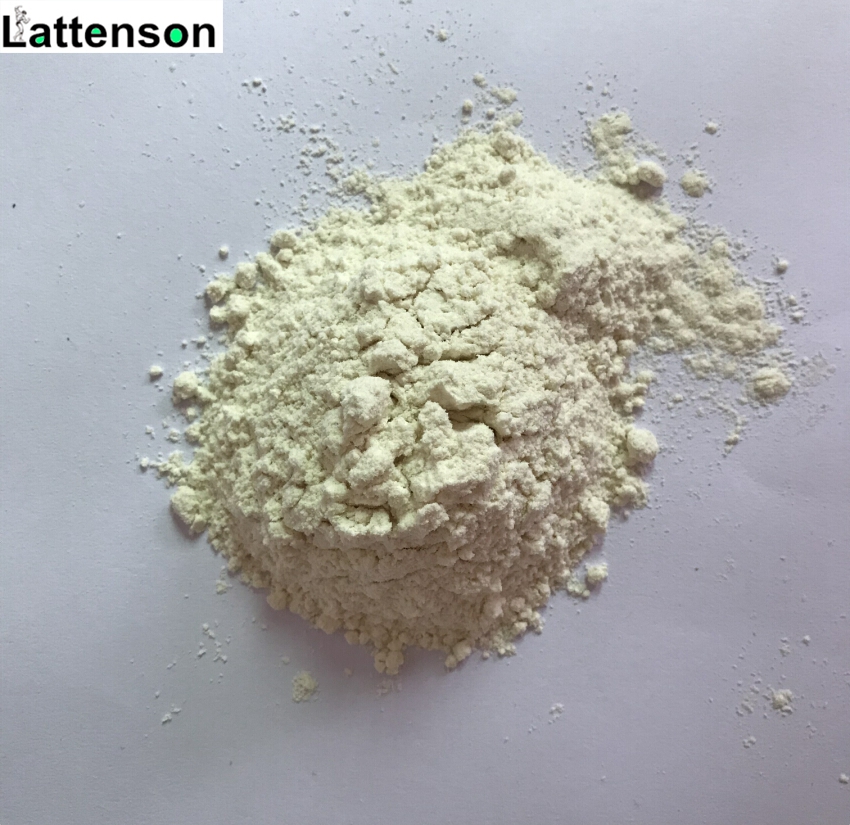
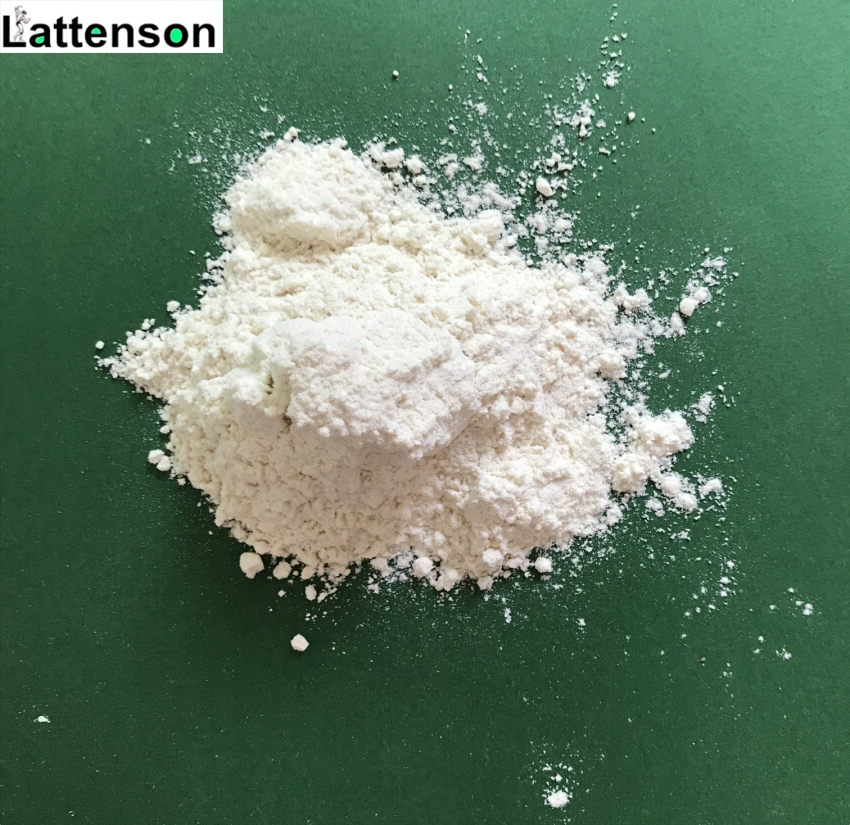
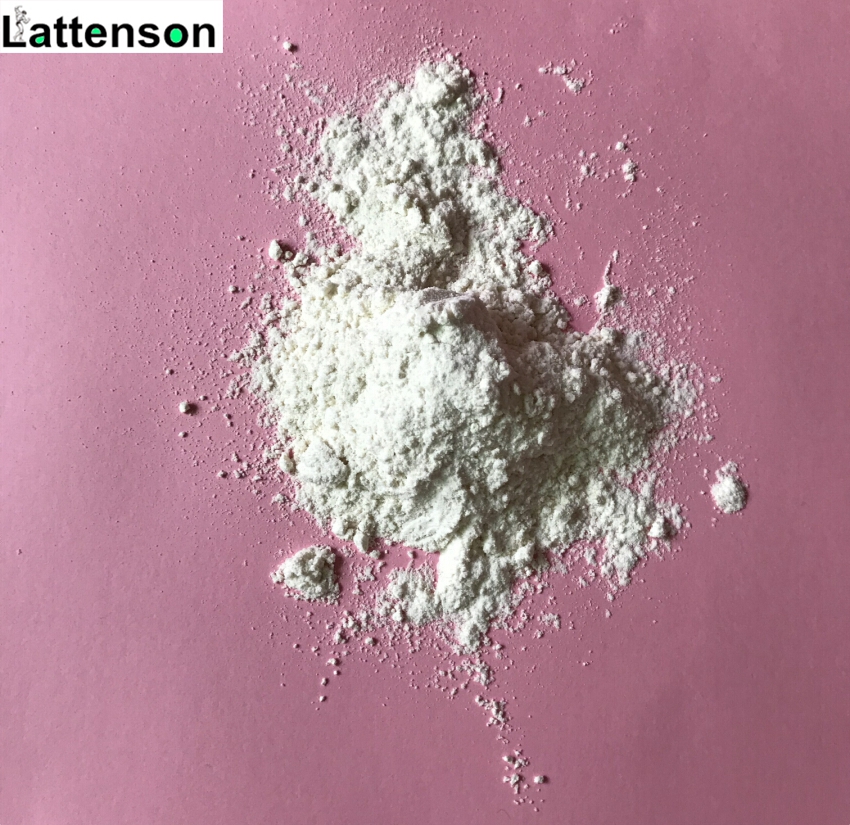
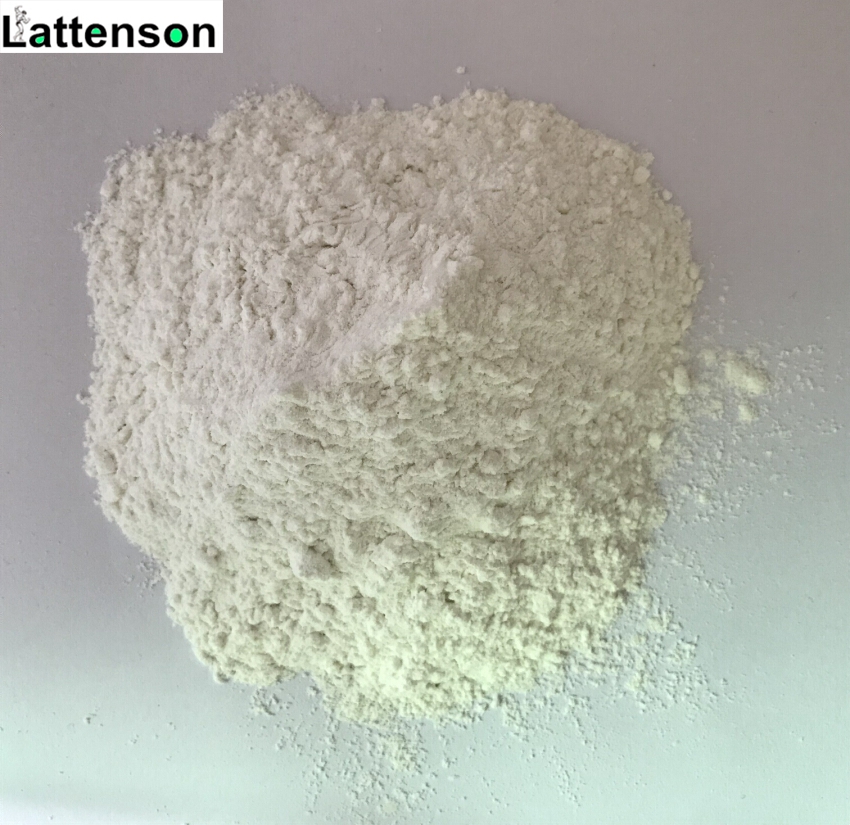
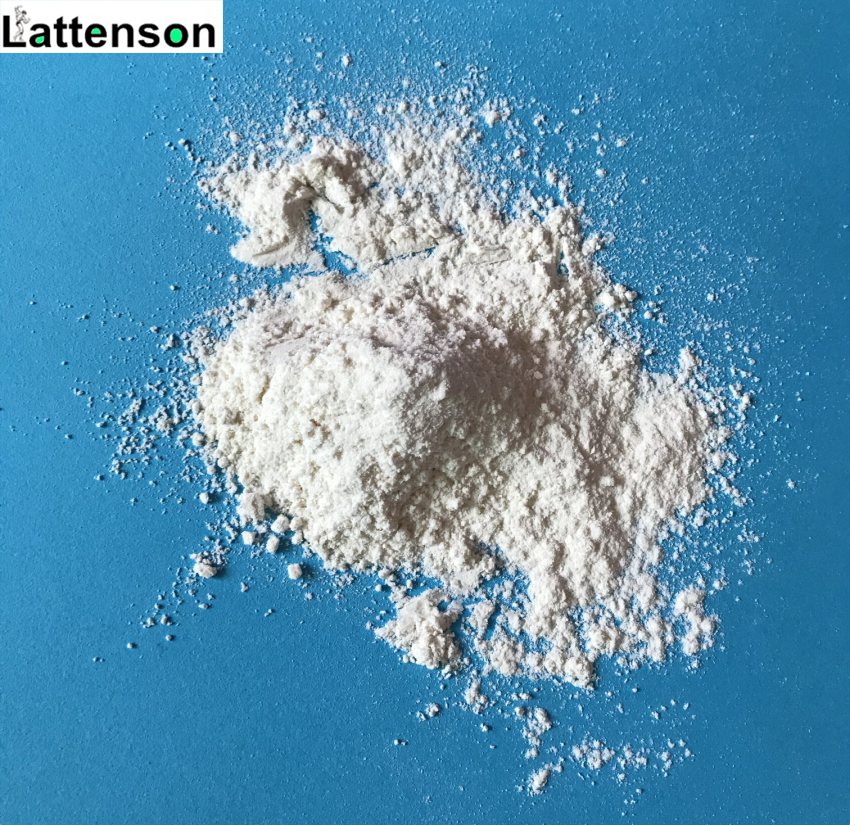



 Directeur commercial
Directeur commercial